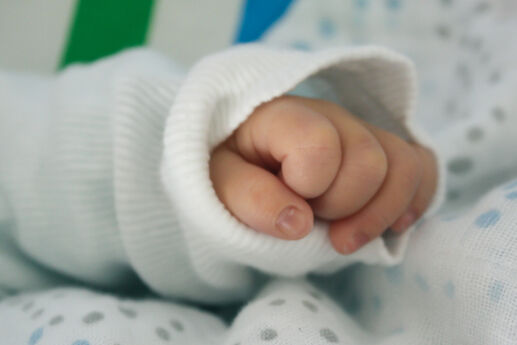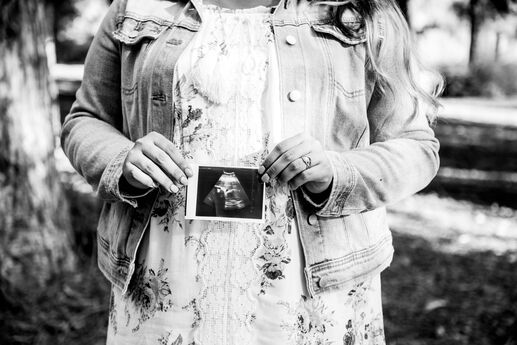Breastfeeding Prep for New Moms
If you’ve decided to give breastfeeding a try, you may be wondering where to start and what to do. Breastfeeding doesn’t always come naturally to new moms, so it’s smart to do some prep work while you’re still pregnant so you know what to expect. Here are a few tips to consider before you start nursing your new baby:
Stock up on nursing bras. Easy access when you’re nursing is important, so think about purchasing a couple of nursing bras in the middle of your third trimester. Get fitted by an experienced salesperson (you want a little bit of room to grow towards the end of your pregnancy). Start with two bras for now and then get more as you need them.
Attend a breastfeeding class. Attending a nursing course will give you a preview of what to expect; it’s also a chance to ask questions you may have about the process. Many childbirth classes also include breastfeeding instruction, so don't worry if you can't find a class that's exclusively about breastfeeding. To find a class near you, call the hospital where you’ll be giving birth, ask your health care provider, or check out local message boards or mom groups.
Purchase the gear. If you plan to return to work after the birth of your new baby, a breast pump will be invaluable. It’s normal to leak a little when your milk starts to come in, so pick up a few breast pads to insert into your nursing bras. Finally, a nursing pillow may also come in handy, as many new moms find it to be very helpful for propping up their baby when nursing; others use regular bed or couch pillows for the same result.
Find a lactation consultant. Starting off on the right foot when you’re nursing is a lot easier if you have some professional support. Breastfeeding isn’t always easy at first, and it’s possible you may struggle with figuring out certain positions or getting your new baby to latch-on. You may want to make an appointment with a lactation consultant in advance of your birth to get must-know tips, or schedule it for soon after your delivery. Many hospitals will have lactation consultants and nurses available to help you start nursing right after your baby is born.
The best breastfeeding experience starts with a bit of planning. Ask your friends and family for their advice, too, as you get ready, and call on them for support as you begin nursing your new baby. Don’t worry if you can’t stick with it for as long as you’d like -- any nursing you do will have a positive effect on your baby.







